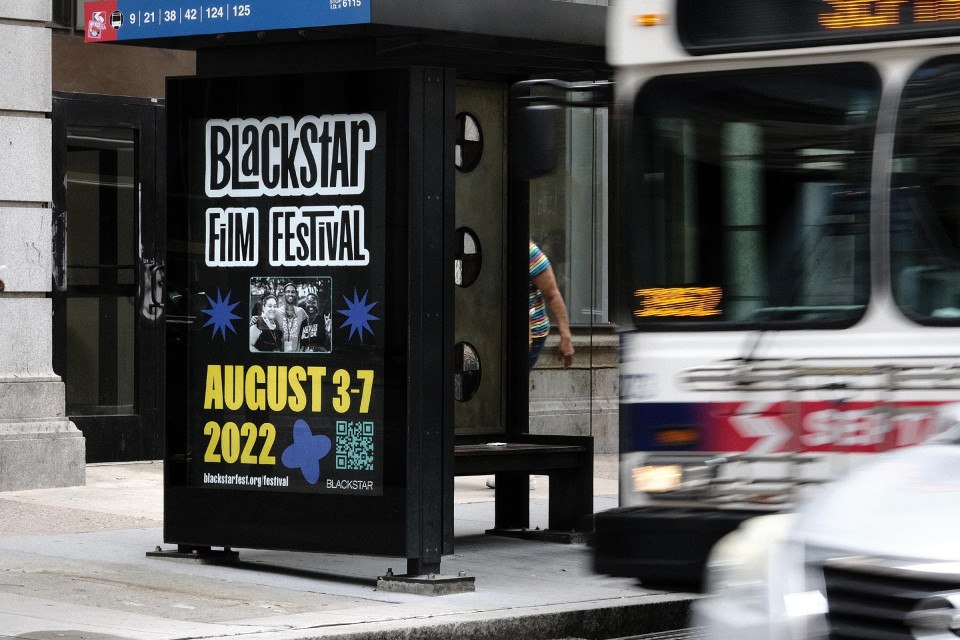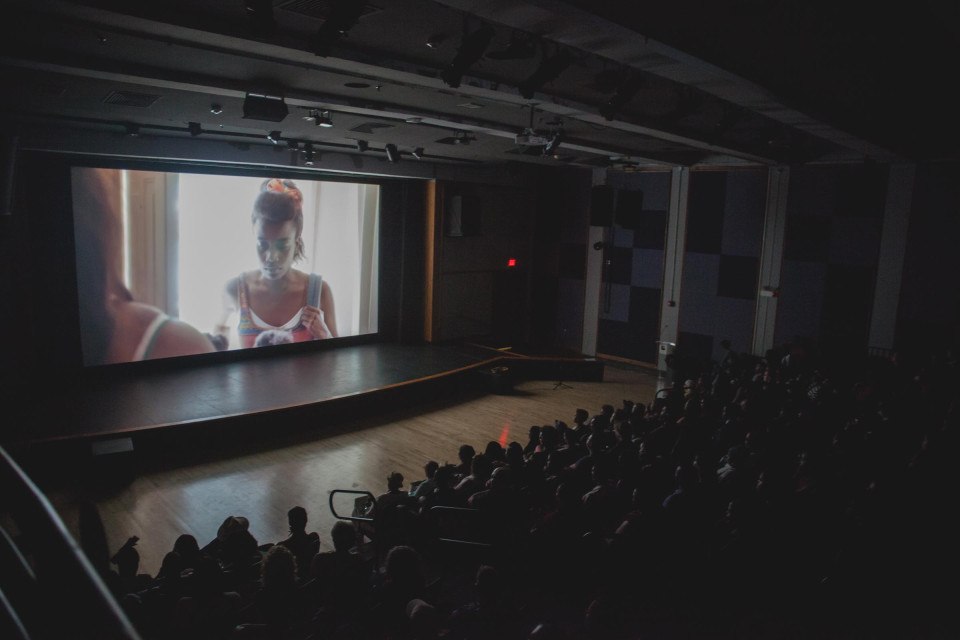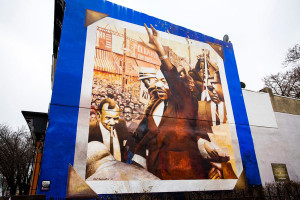The 11th Annual BlackStar Film Festival Kicks Off This Week
Philly’s “Black Sundance” continues as a dynamic hybrid event this year, with programming online as well as in theaters, museums, and outdoor venues throughout the city from August 3rd to 7th.

The BlackStar Film Festival kicks off on Wednesday, August 3rd, and runs through August 7th. / Photograph by Daniel Jackson, courtesy of BlackStar
Cinephiles rejoice: the BlackStar Film Festival, an annual celebration showcasing the work of filmmakers of color, kicks off on Wednesday with over 70 films, premiers, panels, parties, workshops and even yoga sessions.
Recent Best of Philly winner, host of the podcast Many Lumens, founding editor of film journal Seen, and founder of the festival, Maori Karamael Holmes started BlackStar a decade ago, out of a desire to see films from the African diaspora that weren’t screening in Philadelphia. The festival’s first year was largely borne of Holmes’s scouring other festivals and requesting recommendations from friends and peers for work to present in the city. Ten years and two predominantly virtual iterations of the festival later, her efforts have grown into a hybrid five-day marathon presenting the work of filmmakers not only in the African diaspora, but Black, brown and Indigenous makers working in independent realms.
The love for multiplicity doesn’t end there. The slew of films at BlackStar will not only look at pertinent and diverse subject matter – like Paula Eiselt and Tonya Lewis Lee’s feature documentary on the U.S. maternal health crisis or the world premiere of experimental film Another Story, featuring singer-songwriter Esperanza Spalding – programming will also appear in a variety of formats, appealing to younger, older, virtual and in-person crowds. Highlights of the schedule include panels accompanying scheduled films (one featuring Academy Award-nominated director Mira Nair), a live talk show hosted each evening by Holmes, and three different parties scheduled throughout the festival.

Photograph by Daniel Jackson, courtesy of BlackStar
Planning for the next BlackStar is an intricate, continuous process, festival director Nehad Khader says. “We’re always looking at work that’s coming out and work that’s in production. From January until early May, we’re watching everything that gets submitted. Our submissions are constantly increasing, which is really incredible. It means that a lot of folks are learning about BlackStar and a lot of folks are making films, which is something that we really like to see.”
On average, the program committee receives upwards of 1,200 submissions each year, making the decision-making process a deeply intentional, complex one.
“It’s important to highlight filmmakers of color, because they’re not typically presented in the U.S. context, and to make sure that the media and films that everyone has access to really reflects their own communities,” Holmes says. “We see a lot of films that are coming through from filmmakers of color that are not just different topically, they’re also different in terms of experimentation and aesthetic. It’s good to see how cinema is evolving and changing, and what filmmakers of color are bringing to the world of visual culture.”
You can buy an all-access pass to the BlackStar Film Festival for $250 and a virtual festival pass for $125; individual tickets for virtual and in-person screenings are $5 and $15, respectively. Check out the whole schedule here.


